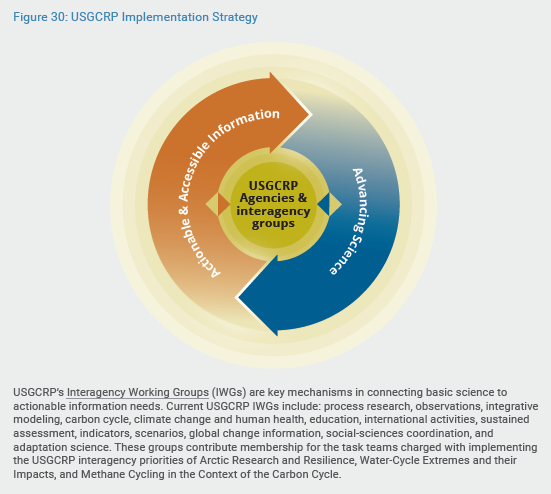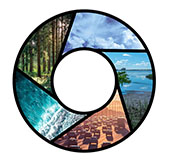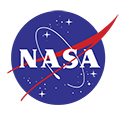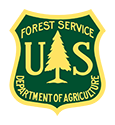New: The National Global Change Research Plan 2012-2021 (Triennial Update)
This report was developed by the Strategic Plan Integration and Writing Teams, which report to the Subcommittee on Global Change Research and the National Science and Technology Council’s Committee on the Environment, Natural Resources, and Sustainability. This report is published by the National Coordination Office for the U.S. Global Change Research Program. It meets the requirements set forth in the U.S. Global Change Research Act of 1990 (GCRA, Section 102, P. L. 101–606) to provide a triennial update of the decadal National Global Change Research Plan. It does not express any regulatory policies of the United States or any of its agencies, or make any findings that could serve as predicates for regulatory action.
The National Global Change Research Plan 2012-2021: A Trennial Update (PDF)
'As mandated by the GCRA (1990), the Program’s Strategic Plan is updated triennially, refining Program priorities in response to advances and new challenges. This document provides an update to the 2012–2021 Strategic Plan, highlighting areas where the Program is building on progress towards its goals, and the challenges it is navigating. Since the release of the 2012–2021 Strategic Plan, USGCRP has made significant advances in basic research, scientific assessment and the production of actionable science, information management and sharing, and engagement, and continues to address challenges to achieving its vision.
In this update, the four goals for USGCRP remain

- Goal 1. Advance Science: Advance scientific knowledge of the integrated natural and human components of the Earth system
- Goal 2. Inform Decisions: Provide the scientific basis to inform and enable timely decisions on adaptation and mitigation
- Goal 3. Conduct Sustained Assessments:Build sustained-assessment capacity that improves the Nation’s ability to understand, anticipate, and respond to global change impacts and vulnerabilities
- Goal 4. Communicate and Educate:Advance communications and education to broaden public understanding of global change and develop the scientific workforce of the future
Numerous carbon cycle science focused topics are highlighted throughout this update. e.g. see description of updates to specific objectives of Goal 1 in Chapter III.
Goal 1. Advance Science (Advance scientific knowledge of the integrated natural and human components of the Earth system.)
- Objective 1.1. Earth System Understanding: Advance fundamental understanding of the physical, chemical, biological, and human components of the Earth system, and the interactions among them, to improve knowledge of the causes and consequences of global change
- Objective 1.2. Science for Adaptation and Mitigation: Advance understanding of the vulnerability and resilience of integrated human-natural systems and enhance the usability of scientific knowledge in supporting responses to global change
- Objective 1.3. Integrated Observations: Advance capabilities to observe the physical, chemical, biological, and human components of the Earth system over multiple space and time scales to gain fundamental scientific understanding and monitor important variations and trends
- Objective 1.4. Integrated Modeling: Improve and develop advanced models that integrate across the physical, chemical, biological, and human components of the Earth system, including the feedbacks among them, to represent more comprehensively and predict more realistically global change processes
- Objective 1.5. Information Management and Sharing: Advance the capability to collect, store, access, visualize, and share data and information about the integrated Earth system, the vulnerabilities of integrated human-natural systems to global change, and the responses to these vulnerabilities
Suggested citation
U.S. Global Change Research Program. 2017. National Global Change Research Plan 2012–2021: A Triennial Update. Washington, DC, USA.




